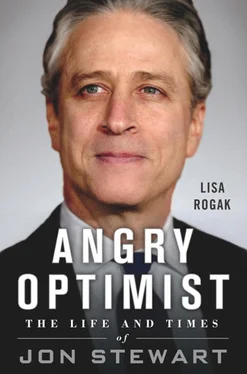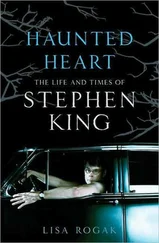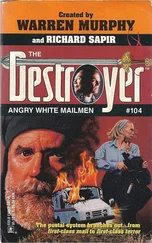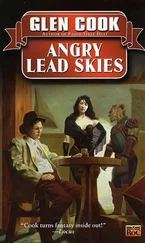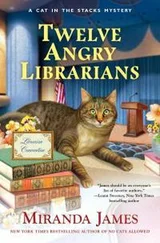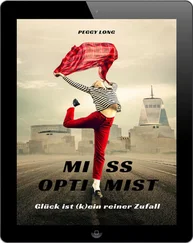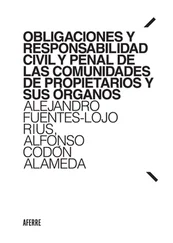But another distinct shift had taken place once Stewart took over. Previously the idea of the show being a total satire was a no-brainer. After Stewart came on board and put his spin on things, often in a sly, subversive way, it wasn’t unheard of for viewers to become confused and think they were watching an actual newscast. As Madeleine Smithberg put it, it was no longer “crystal clear that we were a parody of the news.
“You really believed that Craig was that guy behind the desk,” she said. “He looked like everyone you’ve ever seen on TV. Jon Stewart has an unbelievable range of things that he’s capable of doing, but he delivers headlines like a guy telling jokes. He’s brilliant, but you don’t really believe he’s a news anchor.”
And in that fashion, the line between fake news and real news became blurred. And the overhaul that Stewart performed on the show from day one clearly reflected his slightly embittered view not only toward life but toward the news as well. “[What’s funny about the news is] not the news itself but how the news is delivered,” he said. “The parody is our bombastic graphics and the news song, the correspondents and their interaction with me. By using the general structure of a news show, which we find inherently satirical, we’ve found a cheap way to get in twenty monologue-type jokes.”
“Oddly enough,” he added, “ The Daily Show is one of the most responsible news organizations because we’re not pretending to be news in the first place. Our one rule is, no faking.”
Unlike traditional news media, The Daily Show wasn’t in the business of going out and finding news; instead, producers and writers only had to have the talent to review a day’s worth of news and then retell it to their audience while giving it their own unique spin.
“One of the joys of being fake news is we don’t actually have to break news,” said Stewart. “We can just react to something we found interesting the day before.”
“The more we pretend we’re a news show, the clearer our comedy becomes,” added Smithberg.
There were other benefits as well: occasionally, the news itself made the writers’ jobs much easier: “[Sometimes] you don’t try to top it with a written joke, because just on its own it can be pretty ridiculous,” said Ben Karlin.
For that reason, executive producer D. J. Javerbaum said no one ever worried about running out of material or missing a scoop. “It’s a reactive show,” he said. “As long as we’re given things to react to, we’ll be fine.”
Indeed, as viewers and critics began to regard the content of The Daily News as journalism, Stewart was quick to correct them, with a caveat that took an interesting twist:
“I don’t think what we do is journalism,” but rather “analysis because we don’t do anything but make the connections,” he explained.
It was obvious from the beginning that the role of a fake news anchor fit him better than it did Kilborn, who was more interested in sports than the news. “I’m a little bit too obsessed with the news,” Stewart admitted. “I find the news easier to follow than narrative entertainment programs. But I find the news, for me, I watch it like a program. I can’t wait to find out what’s happening with my favorite characters, like, ‘Oh, I’m so sorry they dropped Saddam Hussein from the show. Oh, they’re bringing him back!’”
He also discovered that he had missed having a regular mouthpiece for his opinions. “I’d not had a regular TV gig in three years,” he said, “and I realized when I was on Sanders that the ability to comment in sort of a timely fashion is terribly important to me. While I still comment on it, I usually do it in my living room, and you begin to think of yourself as perhaps that creepy, bitter guy who sits on his couch and says, ‘Can you believe this!?’”
He also looked forward to doing a good chunk of the writing on the show, unlike Kilborn who was content to just sit at the anchor desk. “That’s really my favorite thing,” he said, “sitting in a room with funny people till somebody hits on just the right bit.”
Stewart laid down the law the first time he hung out in the writers’ room, not only eliminating almost all of Kilborn’s sophomoric frat-boy humor and segments, but also about clarifying the mixed signals the show was sending. “Half the jokes were about Barbie as a bad role model for girls, and the other half were about how ugly the spokesmodel was,” said the new host.
But for the first couple of months, despite the positive response from critics, Stewart thought he had made a horrible mistake in accepting the job. A month before the switchover, he walked into a meeting of writers and producers on the show that was clearly hostile.
“I did not realize that a lot of the people who worked there were assholes,” he said. “I walk in the door into a room with the writers and producers, and the first thing they say is, ‘This isn’t some MTV bullshit.’ And then I was told not to change the jokes or improvise.” As soon as he left the meeting, he called his agent and told him to “get me the fuck out of this, these people are insane.”
Indeed, within a few months, several writers who had been there since the beginning gave notice that they were leaving, though Stewart said that it took over two years before the naysayers on staff were totally gone. He was not surprised that they left, but at the same time, he wasn’t terribly upset either. “I can’t tell you how relieved I was when people started walking [because] I didn’t have to fire them,” he said.
He hired Ben Karlin, who had written for the satirical newspaper The Onion , and he started working closely with correspondent Stephen Colbert.
He made no bones about the fact that his overall aim was to convey the news through the filter of his worldview while never losing sight of the fact that first and foremost he wanted to make people laugh.
He also wanted to work to make the tone of the show a bit kinder and gentler. “It’s fair to say that at times The Daily Show can be a little too mean,” he said of the show before he joined. “I happen to have a huge soft spot for all the eccentrics out there in America, and I think at its best, the show celebrates them.” At the same time, he wasn’t above knocking someone off a pedestal if it meant it would generate a big laugh. “The show is what it is, and if sometimes that means going out there and tearing Carol Channing a new asshole, well, I don’t have a problem with that.
“Reality has gotten so absurd, it’s almost like you’re making it up, but as a comedian, [I’m essentially] cheering for the disillusionment of society,” he conceded. “I’m hoping for chaos that I can muck with. And I have the utmost confidence that the world will provide it. I’m not hoping for the apes and the monolith, but that makes my job easier.”
“Every day the world deals us a hand,” Smithberg agreed. “And we’ve built a machine that can cope with it.”
At the same time, Stewart and the crew were totally open to reinventing themselves along the way, to toss out what didn’t work and to pounce on those segments that did. “This is a different kind of hosting than I’m accustomed to. It’s a little less free-form. But we’ll find out what I can do well and start tailoring it to that… It’s less driven by me than the Paramount show was, but it will be ultimately driven by a certain comedic point of view that’s different.”
Because his previous talk show had been canceled he was pretty laid-back about the prospects for the show’s failure, as well as his. But he was also pretty good at hiding the stress he felt. He had been a heavy smoker since his stand-up days, a habit he still clung to tenaciously. He liked to drink Coke from the bottle, and when the first one of the day had been emptied, he used it as an ashtray. When asked how many cigarette butts were in the bottle by the time he went home at night, he replied that he didn’t know, “and counting would take all the fun out of it.”
Читать дальше
